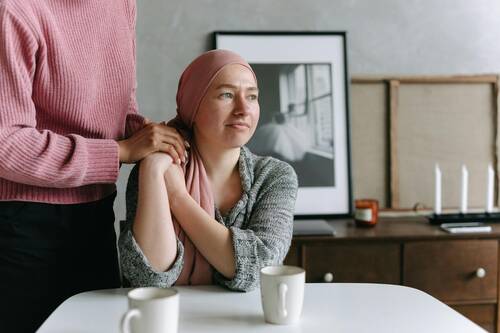Cancer Research, Chemotherapy / 26.11.2024
Living With the Unpleasant Side Effects of Cancer Treatment
Cancer treatment has made significant advancements over the years, offering hope and extended lifespans to millions of patients worldwide. However, while these treatments are often life-saving, they can come with a wide range of unpleasant side effects that impact daily living. For many patients, managing these side effects becomes an essential part of the recovery journey. Understanding what to expect, and finding strategies to cope, can help improve quality of life during and after cancer treatment. This article explores common side effects of cancer therapies and offers practical tips for living through these challenges.
Understanding the Common Side Effects of Cancer Treatment
Cancer treatment can involve various methods, including chemotherapy, radiation therapy, immunotherapy, targeted therapies, and surgery. Each type of treatment comes with its own set of side effects, which can vary in intensity depending on the individual's overall health, type of cancer, and the specific therapy used.
Some of the most common side effects include:
- Fatigue: Fatigue is unfortunately one of the most frequent complaints among cancer patients undergoing treatment. Unlike everyday tiredness, cancer-related fatigue can be severe and persistent, making even simple tasks feel overwhelming.
- Nausea and Vomiting: Chemotherapy and radiation can trigger nausea and vomiting as the body reacts to the aggressive nature of the treatments. While anti-nausea medications can help, these symptoms can still be a significant source of discomfort.
- Hair Loss: Hair loss is a very well-known side effect of many chemotherapy drugs, which target rapidly dividing cells. This can include hair on the scalp as well as eyebrows, eyelashes, and body hair. For many, this physical change can be emotionally challenging.
- Mouth Sores and Dryness: Treatments like chemotherapy and radiation can cause sores in the mouth, making it painful to eat, drink, and even speak. Dry mouth, caused by damage to salivary glands, is another common issue that can interfere with taste and oral comfort.
- Skin Changes: Radiation therapy can lead to skin reactions, including redness, peeling, or darkening of the treated area. Some patients may also experience sensitivity to the sun and a tendency to bruise easily.
- Cognitive Changes ("Chemo Brain"): Many patients experience difficulties with memory, concentration, and mental clarity during and after chemotherapy, a phenomenon often referred to as "chemo brain." This can make it harder to focus on tasks or remember details.












